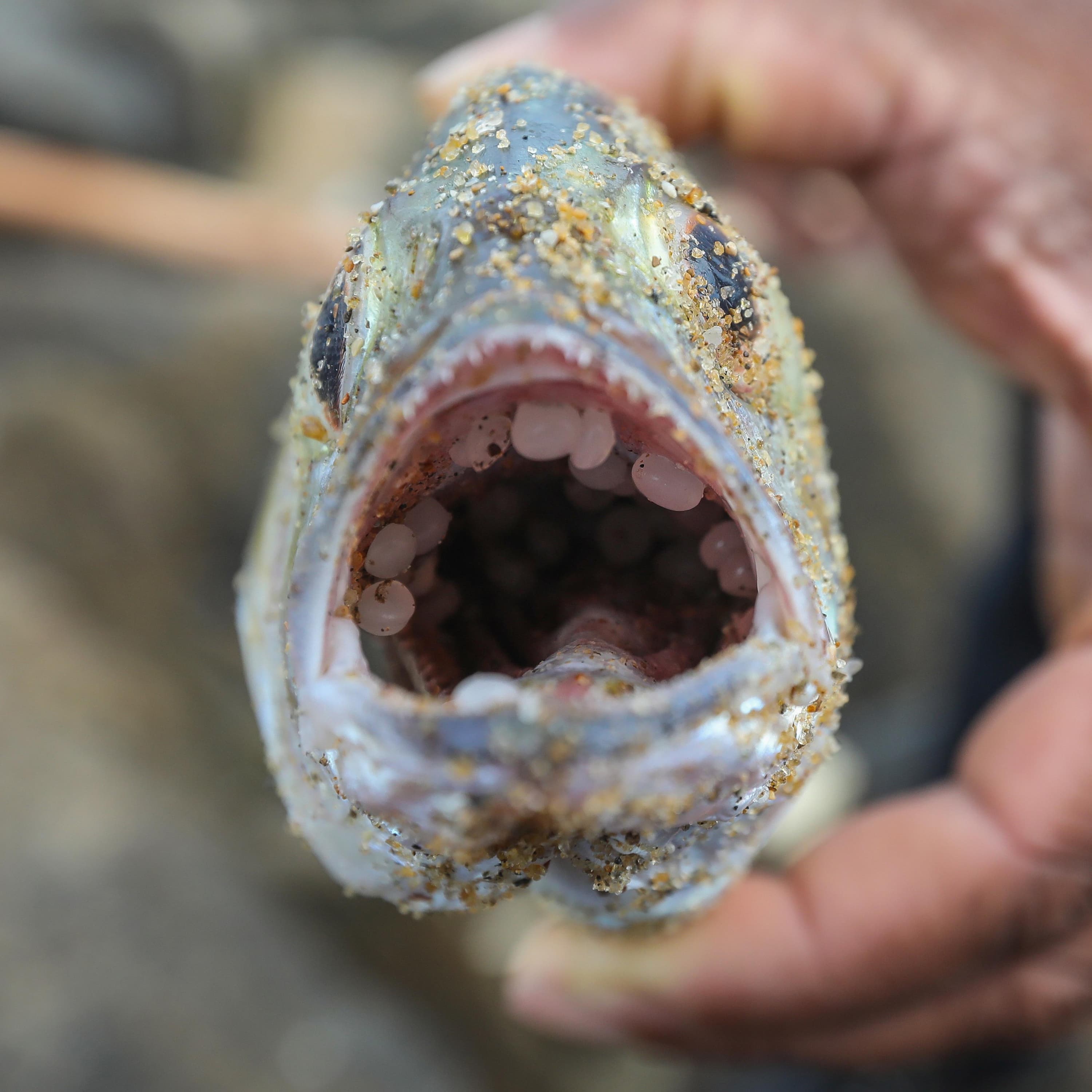
Testosterone in women’s athletics
Loading player...
Genetic advantages in sport tend to be celebrated, but that isn’t always the case when it comes to women’s athletics. At the start of July, two female runners from Namibia, Christine Mboma and Beatrice Masilingi, were told they couldn’t compete in the 400m race in the Tokyo 2020 Olympics unless they reduced their naturally high testosterone hormone levels. Shivani Dave speaks to Katrina Karkazis, a professor of sexuality, women’s, and gender studies, specialising in ‘sex testing’ and sport regulations, about the rules that ban female athletes with naturally high testosterone. Help support our independent journalism at theguardian.com/sciencepod




